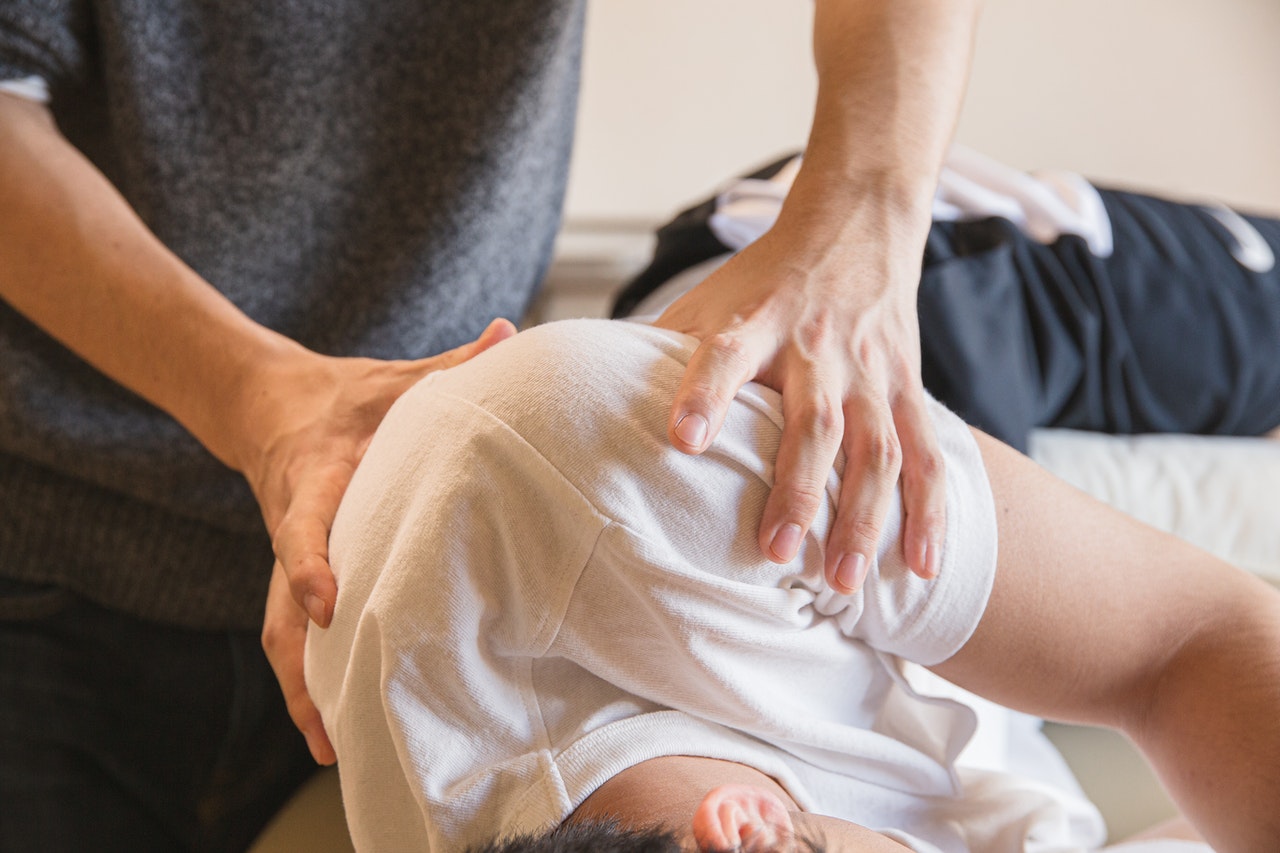We’ve all felt the embarrassment of slipping or falling over in public, but most of us don’t appreciate the harm it can cause until it affects us or our family. This type of accident is one of the most common causes of injury in the US, with over 540,000 slip and fall injuries warranting a trip to the ER each year.
Even a seemingly innocent fall can have a severe impact, affecting your ability to do things you’ve always enjoyed and even potentially causing long-term or permanent damage.
If you’ve recently had a fall, here are four steps you can take to support your recovery – and get compensation if the accident wasn’t your fault.
1. Seek Medical Attention as Soon as Possible
If you’ve had a fall, you may be able to get up, dust yourself off, and not give it a second thought, but it’s always best to get checked out by a doctor or at the emergency room to be on the safe side – even if you feel completely well.
You alone are responsible for your long-term health, and getting a checkup will give you peace of mind and allow you to begin treatment for any cuts, sprains, or head injuries.
A checkup can also reveal any “invisible injuries,” so-called because they tend to show up days or sometimes weeks after an accident. This includes a concussion, which may not be evident for a few days but can cause dizziness, sickness, and memory loss. In some cases, a concussion can last for months or longer. A fall might also be the reason for you to experience pain in your hip region from time to time. If it persists, you could seek the advice of a Top Hip Replacement Surgeon to determine whether or not something more should be done about it.
2. Take It Easy
Whether you’ve had a minor fall at home and twisted your ankle or slipped on a wet floor at work and landed on your arm, it’s important to take it easy. Rest is critical for a fast and successful recovery, so give yourself permission to skip the gym and take time off work for as long as you need.
You might hate feeling stuck at home with nothing to do, but rest is exactly what your body needs.
However, that doesn’t mean you need to give up your exercise routine completely. Getting up and moving about as much as possible can be beneficial, and if you can manage it, a short, steady walk and some fresh air can work wonders for your wellbeing.
Getting enough sleep and eating well are also important. A diet of junk food and tossing and turning for hours puts stress on your body, and during recovery, your body’s already working hard to heal.
3. Document Everything
If you had a slip and it wasn’t your fault (for example, if you slipped on a wet floor without a sign) and you’re considering making a compensation claim, make sure you document as much as you can. It can be helpful to write down your version of events, including when and where you fell, what you slipped on or tripped over, who you spoke to after the accident, and what injuries you have. In case you find this hard, a personal injury lawyer could help you with the documenting process. You could go here to see if you can find a lawyer who can help with your case.
You may be tempted to post about your accident on social media or talk about it to others, but to give yourself the best shot at getting compensation, resist the urge. Any statements you make, online or otherwise, can be used against you. While you’ll likely feel a range of emotions after an accident – anger that you’re out of work, frustrated with your injuries, or upset that you can’t be fully independent – try to remain calm and keep it private as much as possible.
4. Speak to a Personal Injury Lawyer
However far along you are on the road to recovery after your slip or fall, think about speaking to a personal injury lawyer. If the accident wasn’t your fault, you may have a claim for compensation. A specialist slip and fall lawyer will support you with obtaining proof and negotiating a settlement. Many personal injury lawyers work on a contingency basis, which means you won’t pay unless your lawyer wins your case.
Recovering from a fall takes time, but taking these steps will help you get back to normality, potentially with a financial award for the pain and hardship you’ve suffered.



